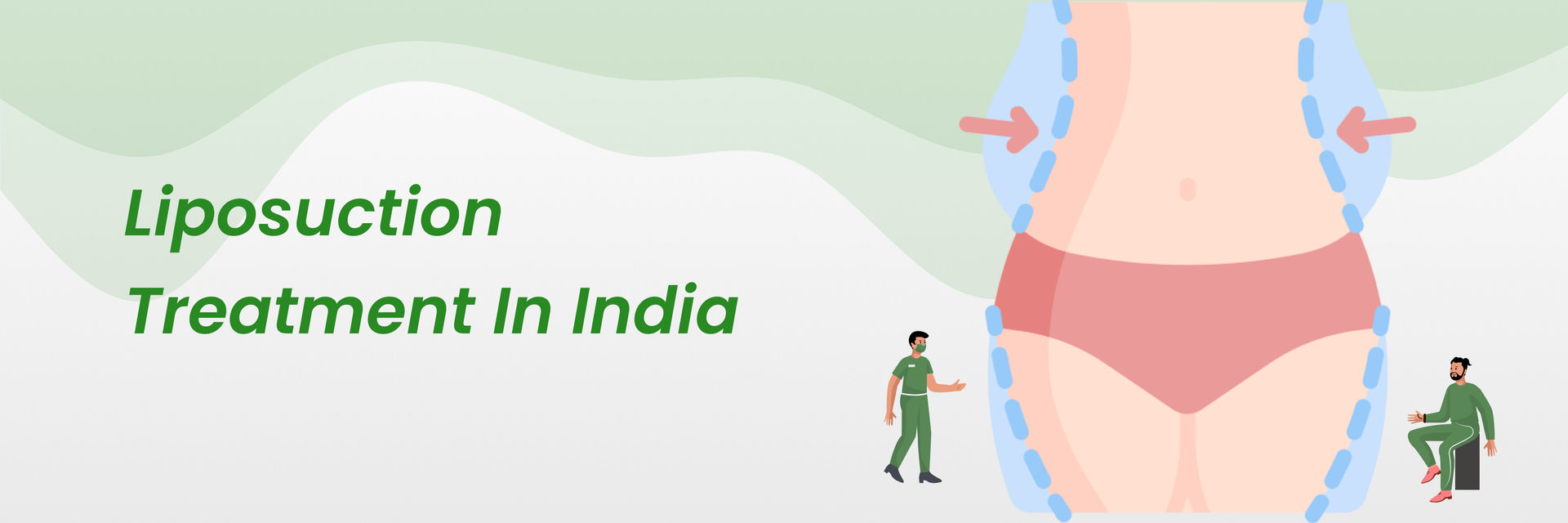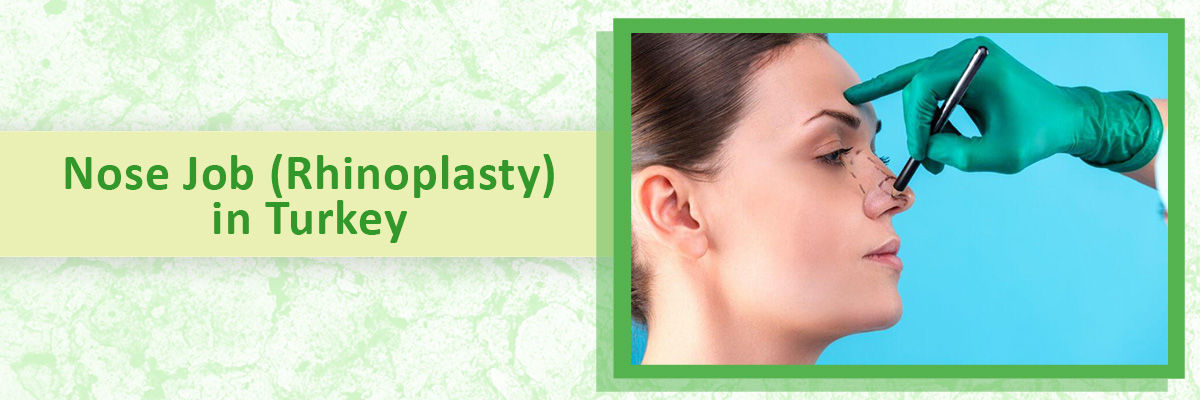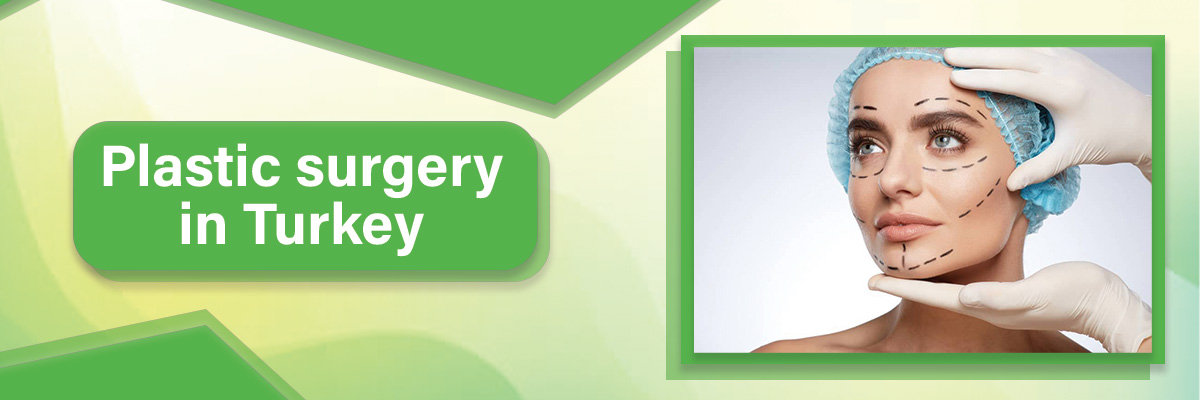Asked for Female | 35 Years
Blocked nose 6 months after rhinoplasty, Is it normal and what to do?
Patient's Query
Blocked nose 6 months after rhinoplasty, what to do?
Answered by Dr. Deepesh Goyal
Experiencing a blocked nose six months after rhinoplasty can be normal in some cases, but it's essential to consult with your surgeon for a proper evaluation. While the majority of swelling and healing typically occur within the first few months following rhinoplasty, it's possible for residual swelling to persist for a longer period, especially in the nasal passages. Residual swelling, Scar tissue formation, Nasal valve collapse can be the reasons for blocked nose at this stage.
If you're experiencing a blocked nose six months after rhinoplasty, it's important to consult with your surgeon or an otolaryngologist (ear, nose, and throat specialist) to determine the cause and appropriate course of action. They will be able to evaluate your situation and provide you with personalized advice based on your specific circumstances. In the meantime, here are a few general suggestions that may help:
- Follow post-operative instructions: Review the instructions provided by your surgeon after the rhinoplasty and ensure that you are following them correctly. This may include nasal sprays, saline rinses, or other prescribed medications.
- Nasal irrigation: Consider using a saline nasal rinse or a neti pot to help flush out any mucus or debris from your nasal passages. This can help alleviate congestion and keep your nose clear.
- Humidify the air: Dry air can exacerbate nasal congestion. Using a humidifier in your living space or bedroom can add moisture to the air, reducing the likelihood of a blocked nose.
- Avoid irritants: Minimize exposure to irritants such as cigarette smoke, strong chemical odors, and pollutants. These can further inflame the nasal passages and contribute to congestion.
- Elevate your head during sleep: Keeping your head elevated while sleeping can help reduce nasal congestion. Try using an extra pillow or consider using a wedge pillow specifically designed for this purpose.
- Avoid blowing your nose forcefully: Blowing your nose too hard can potentially disrupt the healing process and worsen congestion. Instead, gently blow your nose with one nostril at a time or use a saline nasal spray to help clear your nasal passages.
Remember, these are general suggestions, and it's essential to seek professional medical advice for an accurate diagnosis and appropriate treatment.

Aesthetic Medicine
Answered by Dr. Harikiran Chekuri
It is not unusual to have a blocked nose even after six months of undergoing rhinoplasty during the healing process. It may be due to residual edema or changes in the nasal tissues. To this end, seek advice from your nose job specialist for comprehensive assessment. They can ascertain whether the obstruction is a part of normal recovery or if it requires further intervention. In the interim, try saline nasal sprays do not use decongestant nasal sprays , and ensure that you are in a humidified room to ease these symptoms.

Plastic, Reconstructive, Aesthetic Surgeon
Questions & Answers on "Cosmetic And Plastic Surgery" (248)
Related Blogs

Liposuction in India: Exploring Cosmetic Solutions
Refine your silhouette with liposuction in India. Trusted specialists, exceptional results. Begin your journey to a confident you.

10 best-hospitals in istanbul updated 2022
Searching for the top hospitals in Istanbul? Here’s a list of the 10 Best Hospitals in Istanbul for world-class medical care.

Nose Job in Turkey: Cost-Effective Solutions
Discover transformative nose job in Turkey. Explore expert surgeons and stunning results. Elevate your confidence today!

Plastic Surgery in Turkey: Enhancing Beauty with Expertise
Enhance your beauty with plastic surgery in Turkey. Explore skilled surgeons, cutting-edge facilities, and affordable options for achieving your desired aesthetic goals.

Medical Tourism in India Statistics 2024
Discover the allure of healthcare journeys with our engaging insights – Medical Tourism in India Statistics unpacked for your informed decisions and transformative experiences.
Cost Of Related Treatments In Country
Top Different Category Hospitals In Country
Heart Hospitals in India
Prostate Cancer Treatment Hospitals in India
Kidney Transplant Hospitals in India
Cosmetic And Plastic Surgery Hospitals in India
Dermatology Hospitals in India
Endocrinology Hospitals in India
Gastroenterology Hospitals in India
Gynaecology Hospitals in India
Hematology Hospitals in India
Hepatology Hospitals in India
Top Doctors In Country By Specialty
Top Cosmetic And Plastic Surgery Hospitals in Other Cities
Cosmetic And Plastic Surgery Hospitals in Chandigarh
Cosmetic And Plastic Surgery Hospitals in Delhi
Cosmetic And Plastic Surgery Hospitals in Ahmedabad
Cosmetic And Plastic Surgery Hospitals in Mysuru
Cosmetic And Plastic Surgery Hospitals in Bhopal
Cosmetic And Plastic Surgery Hospitals in Mumbai
Cosmetic And Plastic Surgery Hospitals in Pune
Cosmetic And Plastic Surgery Hospitals in Jaipur
Cosmetic And Plastic Surgery Hospitals in Chennai
Cosmetic And Plastic Surgery Hospitals in Hyderabad
Cosmetic And Plastic Surgery Hospitals in Ghaziabad
Cosmetic And Plastic Surgery Hospitals in Kanpur
Cosmetic And Plastic Surgery Hospitals in Lucknow
Cosmetic And Plastic Surgery Hospitals in Kolkata
- Home >
- Questions >
- Blocked nose 6 months after rhinoplasty, what to do?